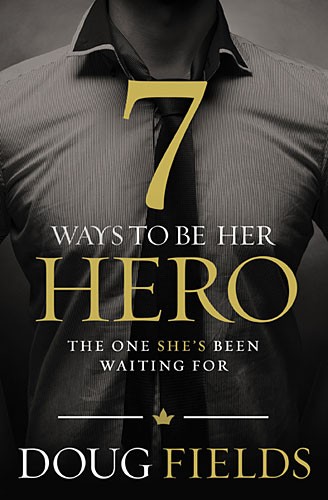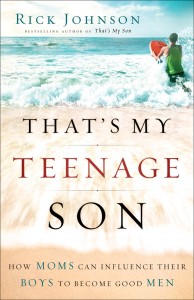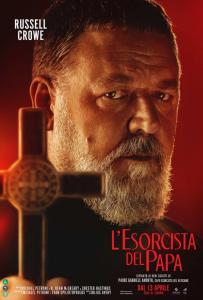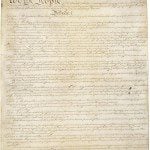“Love your enemies.”
—Jesus
Nope, not going to do it.
It makes a ton of sense to love friends, sure. To love our neighbors as ourselves. Even to love people from whom we might gain something.
But to love our enemies? Nah, we hate these folks! At very least, we dislike them powerfully.
On December 20, 1943, in the skies above war-torn Europe, two bitter enemies—an American B-17 bomber pilot and a veteran German fighter ace—met in what is undoubtedly one of World War II’s most remarkable encounters.
The American bomber, piloted by 21-year-old West Virginian Charlie Brown, was severely damaged. Bullets from German fighters had chewed the bomber to pieces. Others bullets had shot straight through the fuselage, and several crew members had been hit and were near death.
The German fighter plane, piloted by Franz Stigler, was poised to blast the bomber from the sky. It was Franz’s job to kill the enemy. His sworn duty was to triumph in blood.
In fact, encountering a wounded bomber was Franz’s lucky break. Other fighters had already done the initial damage, and when Franz flew up to the bomber, it was the most badly damaged airplane he’d ever seen still flying. That meant an easy target. And in the kill-or-be-killed quest to reach air superiority, the odds against the German’s survival were much worse than the American’s. Of the 40,000 German fighter pilots in WWII, only 2,000 survived.
But what happened in that tense moment when Franz and Charlie came to stare at one another across the frozen skies only can be described as other-worldly.
The American 8th Air Force would, in fact, classify the incident as top secret for decades.
The German military sealed the record as well. Franz was ordered never to speak of the act again, at risk of facing a firing squad.
What happened was, very simply …
mercy.
Franz didn’t turn his machineguns on the Americans.
Instead, Franz risked his own reputation, career, and even life, to fly for miles in close proximity to the bomber’s wingtip, providing a “shield” for the damaged enemy plane.
Instead of killing his enemy, the German fighter pilot escorted the sputtering American bomber to safety.
Some explain what happened that day as two warriors fighting under the ancient code of chivalry. The enemies respected each other, at very least.
Others see the incident as an isolated glitch. It was a moment of extraordinarily odd warfare, never to be repeated.
For some, it can be surprising, even unnerving, to discover that a member of “the wrong side” can be decent.
I call the incident true religion.
In incidents of war, like in incidents of life, even good men sometimes forget their own souls. When German fighter Ace Franz Stigler was alone in the presence of his enemy, he was master of his own decisions. His enemies’ lives were in his hands. Yet Franz chose to remember his humanity.
He flew by a higher call.
Today, when we are in the presence of people we dislike, or people who may actually be our enemies, our invitation is to do the same.
Read the fuller account of Franz Stigler and Charlie Brown in the new book
A HIGHER CALL (Penguin) by Adam Makos with Larry Alexander,
available everywhere December 19.
Question: Have you ever ‘loved’ an enemy or seen an incident where someone else has? What happened?











